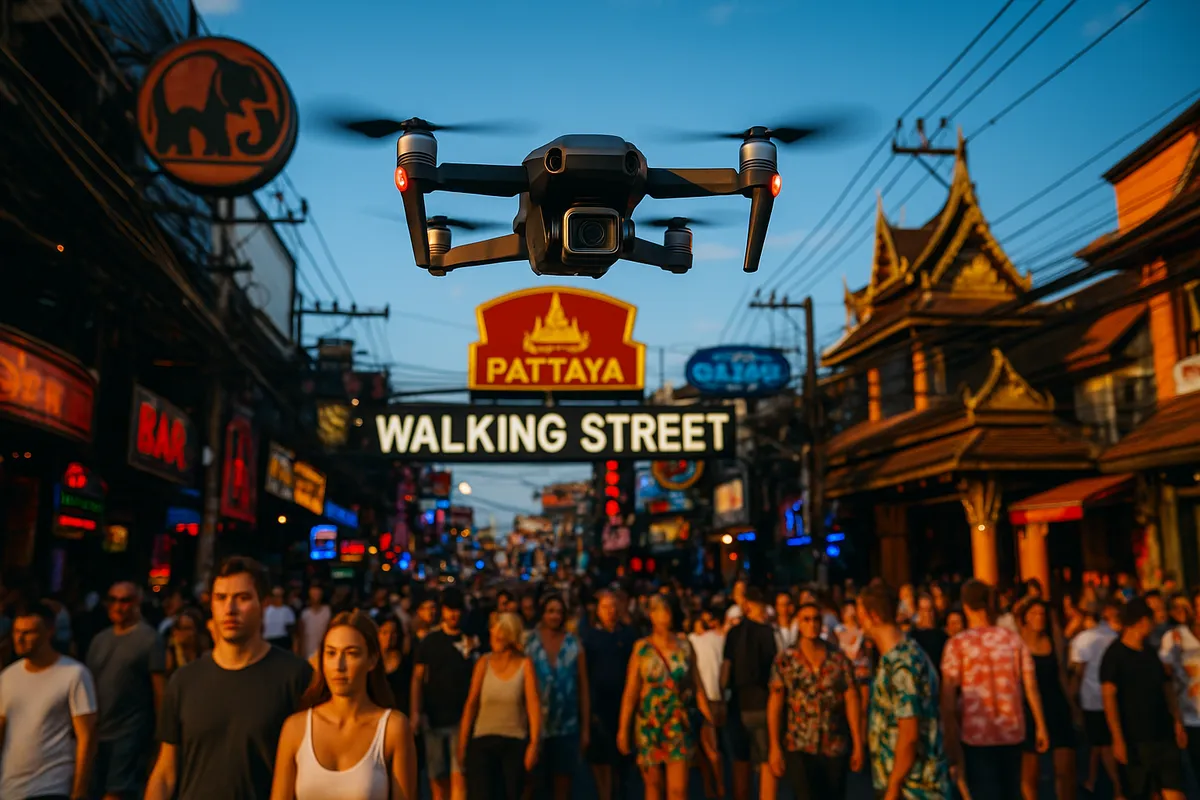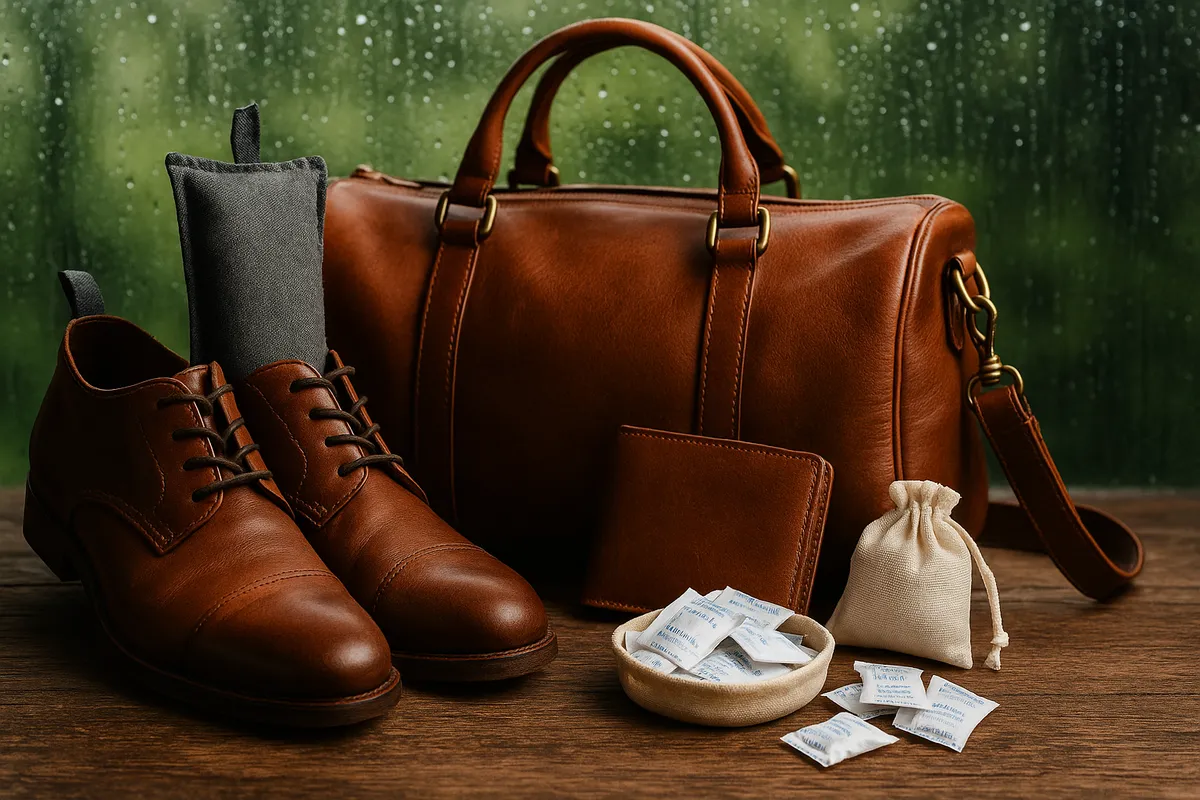Cách du lịch khi có bệnh nền với những mẹo ít ai chia sẻ
- Thứ ba, 03/06/2025, 18:57 (GMT+7)
Cách du lịch khi có bệnh nền với những mẹo ít ai chia sẻ
Đi du lịch không phải là đặc quyền dành riêng cho những ai khỏe mạnh hoàn toàn. Những người có bệnh nền như tiểu đường, huyết áp cao, hen suyễn, tim mạch hay viêm khớp vẫn có thể tận hưởng trọn vẹn từng chuyến đi, nếu biết cách chuẩn bị và điều chỉnh hợp lý. Từ kinh nghiệm thực địa của hàng trăm du khách có hoàn cảnh tương tự, cùng với quan sát tại nhiều điểm đến trong và ngoài nước, có thể rút ra một bức tranh rõ ràng: sức khỏe không phải rào cản, mà là yếu tố cần được đồng hành khéo léo.
Trước tiên là yếu tố tâm lý. Nhiều người mang trong mình bệnh nền thường ngần ngại mỗi khi nghĩ đến việc di chuyển xa, đặc biệt là máy bay hay xe khách đường dài. Nhưng trên thực tế, điều đáng sợ nhất không phải là bệnh, mà là sự thiếu chuẩn bị. Khi một người hiểu rõ cơ thể mình cần gì và giới hạn đến đâu, họ có thể chủ động chọn hành trình vừa sức, lên kế hoạch để không rơi vào trạng thái quá tải hoặc bất ngờ. Có những người mắc bệnh huyết áp thấp đã từng ngất khi chờ quá lâu tại sân bay đông đúc, chỉ vì quên mang theo nước lọc và đồ ăn nhẹ. Trái lại, một du khách bị hen suyễn lại từng chinh phục thành công hành trình trekking nhẹ ở Sa Pa chỉ nhờ tuân thủ nghiêm ngặt giờ uống thuốc và đeo khẩu trang đúng chuẩn khi thời tiết thay đổi đột ngột.
Một trong những nguyên tắc vàng khi lên kế hoạch du lịch là chọn điểm đến phù hợp. Với người có bệnh tim hoặc bệnh liên quan đến hô hấp, các vùng cao như Hà Giang, Đà Lạt vào mùa lạnh hoặc các hành trình lên rừng xuống biển liên tục cần được cân nhắc kỹ. Không nên mạo hiểm với các hoạt động cần thể lực cao như leo núi, lặn biển, di chuyển liên tục nhiều ngày. Thay vào đó, những hành trình ngắn trong đô thị, tour nghỉ dưỡng, du lịch sinh thái ở vùng khí hậu ôn hòa là lựa chọn lý tưởng. Nhiều du khách chia sẻ từng hối hận khi đăng ký tour tham quan 4 tỉnh trong 3 ngày chỉ vì “ngại bỏ lỡ”, nhưng sau đó lại không thể theo kịp lịch trình và phải nhập viện vì kiệt sức.
Chuẩn bị thuốc và hồ sơ y tế là một bước không thể thiếu. Bên cạnh thuốc điều trị hằng ngày, người có bệnh nền nên mang thêm liều dự phòng và toa thuốc có chữ ký bác sĩ trong hành lý xách tay. Tránh để thuốc trong vali ký gửi vì rủi ro thất lạc hành lý luôn tồn tại. Đối với thuốc cần bảo quản lạnh, hãy chuẩn bị túi giữ nhiệt và pin dự phòng. Có những trường hợp hành khách tiểu đường phải tự tiêm insulin giữa hành trình bay, nhưng do không có giấy xác nhận y tế nên gặp rắc rối tại quầy an ninh. Tình huống này hoàn toàn có thể tránh được nếu chuẩn bị giấy tờ cần thiết từ trước.
Chọn phương tiện di chuyển cũng là điều cần được chú trọng. Thay vì chuyến bay giá rẻ vào khung giờ quá sớm hoặc quá muộn, nên ưu tiên khung giờ ban ngày, có thời gian nghỉ ngơi hợp lý trước và sau hành trình. Với tàu hỏa hoặc xe khách, nên chọn ghế ngồi thoải mái, tránh các chuyến đi đêm liên tục khiến cơ thể mệt mỏi. Trong một khảo sát không chính thức từ cộng đồng du lịch trung niên, hơn 70% người có bệnh mãn tính cho rằng việc chọn khung giờ di chuyển hợp lý có ảnh hưởng trực tiếp đến chất lượng chuyến đi, thậm chí giúp họ không cần dùng đến thuốc tăng cường.
Chế độ ăn uống trên đường đi cũng cần được kiểm soát chặt chẽ. Những người bị gout, tiểu đường hoặc bệnh dạ dày nên chủ động tìm hiểu trước các quán ăn phù hợp tại điểm đến. Nếu không chắc chắn về nguồn gốc thực phẩm, nên mang theo đồ ăn khô an toàn như yến mạch, bánh mì nguyên cám, trái cây khô ít đường. Có người từng bị tái phát bệnh ngay trong đêm chỉ vì dùng món hải sản sống ở chợ đêm mà không biết rằng cơ thể mình dị ứng. Việc ăn uống ở nơi lạ miệng cần sự thận trọng, không nên thử đồ lạ chỉ vì tò mò.
Thói quen vận động trong chuyến đi cũng rất quan trọng. Nhiều người nghĩ đi du lịch là lúc để “xõa”, bỏ qua giờ giấc sinh hoạt thường ngày. Nhưng đối với người có bệnh nền, việc duy trì thói quen như đi bộ nhẹ mỗi sáng, ngủ đúng giờ, uống đủ nước lại là yếu tố then chốt giúp cơ thể không bị xáo trộn. Một hướng dẫn viên du lịch lâu năm từng chia sẻ, những vị khách lớn tuổi có bệnh nền nhưng vẫn đi tour đều đặn nhiều năm là nhờ họ mang theo đồng hồ báo giờ thuốc, đi dép dễ di chuyển, luôn mang theo một chai nước nhỏ bên người và tuyệt đối không cố gắng đi theo đoàn nếu cảm thấy mệt.
Một mẹo ít ai để ý nhưng lại rất hữu ích là việc báo trước tình trạng sức khỏe cho khách sạn và công ty lữ hành. Không ít người cho rằng đây là chuyện riêng tư, không cần chia sẻ. Tuy nhiên, nếu gặp sự cố, việc này sẽ giúp đội ngũ hỗ trợ xử lý nhanh và chính xác hơn. Đã có nhiều trường hợp nhờ khai báo trước mà nhân viên khách sạn chuẩn bị phòng gần thang máy, trang bị máy đo huyết áp, hoặc hỗ trợ bữa ăn đặc biệt theo yêu cầu. Đây là quyền lợi chính đáng chứ không phải sự làm phiền như nhiều người nghĩ.
Thời điểm khởi hành cũng cần được tính toán thông minh. Những người có bệnh mãn tính nên tránh du lịch vào các dịp cao điểm lễ tết khi mật độ người đông, hàng chờ kéo dài và dịch vụ dễ quá tải. Một chuyến đi vào ngày thường, với lịch trình thoáng và không gian yên tĩnh, sẽ mang lại nhiều lợi ích cho sức khỏe tinh thần lẫn thể chất. Một du khách từng chia sẻ hành trình đến Phú Quốc vào tháng 9, khi trời không quá nắng và khách du lịch không đông, đã giúp mẹ mình người đang điều trị ung thư giai đoạn đầu có một kỳ nghỉ đúng nghĩa, không áp lực và không lo lắng.
Cuối cùng là yếu tố đồng hành. Không nên du lịch một mình nếu bệnh nền ở mức độ cần theo dõi thường xuyên. Một người bạn, người thân hoặc tour leader có kinh nghiệm sẽ là chỗ dựa quý giá khi có sự cố xảy ra. Nhưng người đi cùng cũng cần được thông báo rõ về tình trạng sức khỏe, cách xử lý nếu có dấu hiệu bất thường, và mang theo danh sách liên hệ khẩn cấp. Có trường hợp người bệnh lên cơn đau tim nhẹ nhưng bạn đồng hành lại hoảng loạn vì không biết phải làm gì, khiến tình hình trở nên nghiêm trọng hơn.
Du lịch là hành trình sống, không chỉ để ngắm cảnh mà còn để chữa lành. Với người có bệnh nền, mỗi chuyến đi là một bài kiểm tra về sự lắng nghe và thấu hiểu bản thân. Nếu có sự chuẩn bị kỹ càng, chọn lựa thông minh và không tự tạo áp lực cho mình, những ai mang bệnh trong người vẫn có thể tận hưởng những khoảnh khắc trọn vẹn nhất của tuổi trẻ, tuổi trung niên hay cả tuổi già. Không cần phải đi xa thật xa, cũng không cần trải nghiệm mạo hiểm. Chỉ cần đúng lúc, đúng cách và đúng với nhịp tim của chính mình.

 CHECKIN.VN
CHECKIN.VN








Chia sẻ trên